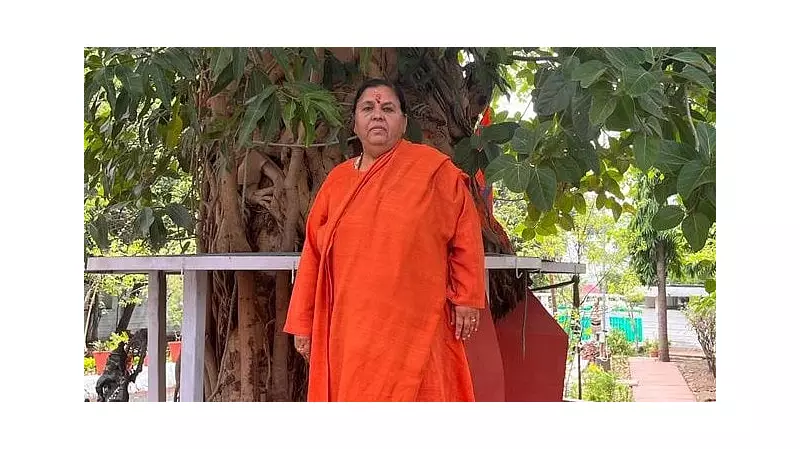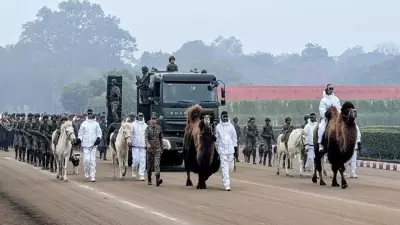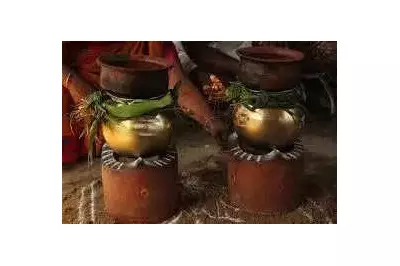
Senior Bharatiya Janata Party leader Uma Bharti has made a significant statement about India's cultural identity, describing the country as a Hindu nation that fundamentally follows the principle of unity in diversity. The former Union minister made these remarks during a recent public appearance, emphasizing the deep-rooted Hindu character of the Indian civilization while acknowledging its diverse fabric.
Political Veteran's Perspective on National Identity
Uma Bharti, the veteran BJP leader and former Chief Minister of Madhya Pradesh, articulated her views on what constitutes India's essential identity. She stated that India has always been a Hindu nation, but one that naturally embraces and celebrates diversity in all its forms. Her comments come at a time when discussions about national identity and cultural heritage are at the forefront of political discourse.
The political leader, known for her straightforward speaking style, explained that the concept of 'unity in diversity' isn't merely a modern political slogan but something inherently practiced within Hindu philosophy and tradition. She emphasized that Hindu culture has historically accommodated and respected different beliefs, practices, and ways of life, making the principle of unity in diversity an organic part of the nation's character.
Historical Context and Cultural Foundations
Bharti's statement reflects a particular perspective on Indian history and civilization that many within the BJP and broader Sangh Parivar have consistently promoted. According to this viewpoint, Hinduism provides the cultural and civilizational foundation for India, while simultaneously allowing space for multiple traditions to coexist and flourish.
The senior leader's remarks highlight the ongoing debate about how to define Indian nationhood in contemporary times. While some political groups emphasize India's secular constitution and pluralistic democracy, others stress the Hindu majority's cultural and historical predominance in shaping the nation's identity.
Broader Political Implications
Uma Bharti's comments are significant given her long-standing association with the BJP and her involvement in various political movements. As a prominent figure in Indian politics for decades, her statements often carry weight within certain political circles and among the party's support base.
The timing and context of such statements are particularly important in understanding their potential impact on public discourse. With India's diverse population comprising multiple religions, languages, and cultural traditions, statements about national identity often generate substantial discussion and sometimes controversy.
Political observers note that such declarations from senior BJP leaders reflect the party's continued emphasis on cultural nationalism as a central theme in its political narrative. The concept of India as a Hindu nation that respects all religions has been a recurring element in the party's ideological positioning.
As India continues to navigate questions of identity, diversity, and national character, statements like those from Uma Bharti contribute to the ongoing national conversation about what it means to be Indian in the 21st century while acknowledging the country's ancient civilizational roots.





